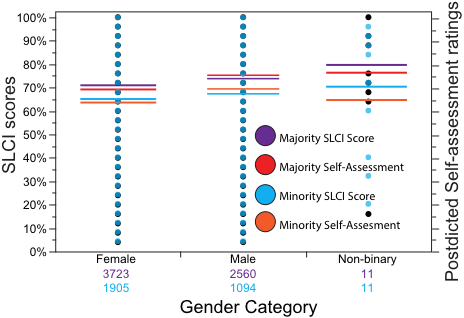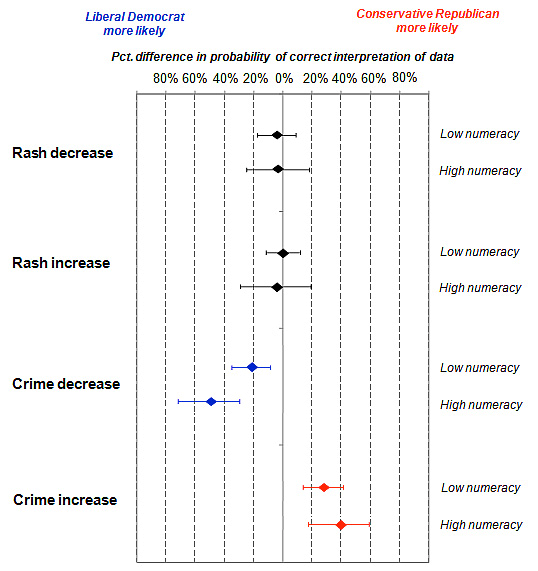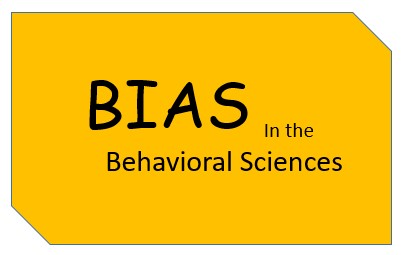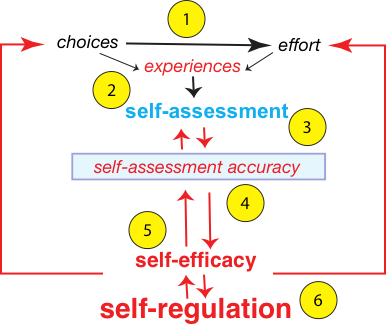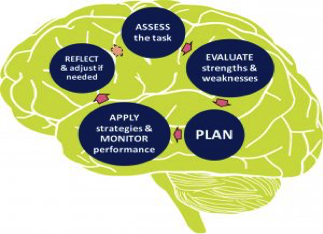By Hillary Steiner, Ph.D., Kennesaw State University and Aaron S. Richmond, Ph. D., Metropolitan State University of Denver
In this first blog post of 2018 we remember two educational psychologists with interests in metacognition who recently passed away. Aaron Richmond and Hillary Steiner describe how their personal and professional interactions with these scholars influenced their own work.
From Aaron: In my career as an educational psychologist, I was more than lucky to work with Gregg—I was honored. On September 16th, 2016, Gregg passed away with his sweet wife Lori by his side. Gregg was a prolific researcher in metacognition and in other educational research fields. He published over 90 journal articles, 15 books, and 45 book chapters. He sat on several editorial boards including the Journal of Educational Psychology, Metacognition and Learning, Educational Psychology Review, etc. He was an active member of Division C (Learning and instruction) in the American Educational Research Association, and several other regional academic conferences such as Northern Rocky Mountain Educational Research Association (NRMERA). Yes, Gregg was a prolific scholar, however, his greatest gift was to his students and colleagues. One of my dear friends and fellow metacognitive researcher Rayne Sperling at Pennsylvania State University wrote, “Gregg’s confidence in me and steady, supportive guidance provided the self-efficacy boost I needed in order to believe in myself as a scholar with something to say. As co-chair of my dissertation, mentor throughout my career, and dear friend always, Gregg was a strong, positive force in my life. Now, my own doc students tell me I am a wonderful, supportive mentor, and I always tell them, “I am just doing what I was taught; mentoring as I was mentored.” Gregg taught me this too. His mentoring continues with the students he mentored (and there are a lot of us) who now have students of our own.” (McCrudden, 2016, p. 681).
Yes, Gregg was a prolific scholar, however, his greatest gift was to his students and colleagues. One of my dear friends and fellow metacognitive researcher Rayne Sperling at Pennsylvania State University wrote, “Gregg’s confidence in me and steady, supportive guidance provided the self-efficacy boost I needed in order to believe in myself as a scholar with something to say. As co-chair of my dissertation, mentor throughout my career, and dear friend always, Gregg was a strong, positive force in my life. Now, my own doc students tell me I am a wonderful, supportive mentor, and I always tell them, “I am just doing what I was taught; mentoring as I was mentored.” Gregg taught me this too. His mentoring continues with the students he mentored (and there are a lot of us) who now have students of our own.” (McCrudden, 2016, p. 681).
I had followed Gregg’s career, seen him at conferences—in awe of course with a star-struck gaze and for me, Gregg was a research icon. He was a mega-god for which I was not worthy. However, when I first met Gregg at NRMERA in the fall of 2003, I was a dewy-eyed graduate student who had plucked up the courage to introduce myself to discuss metacognitive research. I quickly realized that yes—he was a research god, but more importantly he was a kind, generous, supportive, and inclusive person / human. He listened to my good ideas and listened to my half-cocked ideas that needed serious fine-tuning. After that fateful day in Jackson Hole, Wyoming I knew that I had gained a mentor of all things. Gregg supported me through my career in both research and teaching. We published together, and he was one of my advocates. He advanced my career like so many others. He doled out sound and sincere professional advice willingly. For example, Gregg, Fred Kuch, and I were working on some metacognition research together and my students were working quite hard and doing a great job on the project. Mind you, I am at a large state university with no graduate students so these were undergraduate students. Gregg was so impressed with one of my students (because of the mentorship he and his students had provided me which I had passed on to my students) he offered to write her a letter of recommendation for graduate school. I found this simple but powerful and impactful gesture to be astonishing and yet typical of Gregg’s passion for advancing high quality scholars in the field of metacognition and educational psychology. This was just one simple example of how Gregg went out of his way to help people and support their goals and pursuits.
In the end, Gregg didn’t have to be, but he was my mentor like so many others. Gregg am I indebted to you and you will truly be missed. The field of metacognition lost a great scholar, mentor, and friend.
From Hillary:
On July 30, 2017, the field of metacognition lost another great. Dr. Martha “Marty” Carr, Professor of Educational Psychology at the University of Georgia, passed away at the young age of 59. A prolific researcher who mentored countless students to become scholars in their own right, Marty combined her interests in metacognition, motivation, giftedness, and mathematics achievement to impact the field of educational psychology in a unique way, asking big questions about how children’s metacognitive strategies influence the gender differences that emerge in mathematics achievement, and how metacognition differs in gifted children.
Marty began her career in developmental psychology at the University of Notre Dame under the tutelage of John Borkowski, followed by a postdoctoral stint at the Max Planck Institute for Psychological Research in Germany, where she quickly made important contributions related to the influence of motivation and metacognition on children’s learning strategy development. After joining the faculty of the University of Georgia in 1989, where she remained for her entire career, she began to cultivate additional interests in giftedness and mathematics strategy development. These varied interests dovetailed throughout the years, as she wrote about metacognition in gifted children, motivational and self-regulatory components of underachievement, and metacognitive influences on gender differences in math. Marty’s work was known for its methodological rigor, its unique application of developmental models and methods to learning processes, and its applicability to the classroom. She was recognized in particular for groundbreaking work on the predictors and influential factors of gender differences in mathematics. Her contributions led to national recognition and leadership, including presidency of the American Psychological Association’s Educational Psychology Division (Division 15), presidency of the Women in Mathematics Education division of the National Council for Teachers in Mathematics, and numerous awards, including the American MENSA Education and Research Foundation Award for Excellence.
As my dissertation advisor in the early 2000’s, Marty was the first person to make me feel like a scholar. She recognized my interests in giftedness and cognitive development and provided the perfect combination of support and encouragement that helped me craft a line of research that continues to this day. And I am not alone. At her memorial service, several students commented on how much her mentorship had meant to them. According to student Kellie Templeman, “her skill in striking the balance between technical knowledge, compassionate guidance, and tireless work ethic was what separated her from any other professor I have worked with.” She promoted metacognition in her own students by asking them to reflect constantly on the “why” questions of their individual projects and to remain goal-driven. As another former student noted, Marty pushed us to “keep going, get busy, and keep writing,” learning from our mistakes as we went. Yet, as a devoted mother who had many outside interests, including marathon running and working with animals (especially cats and horses) Marty was also an excellent model of work-life balance.
When I attended the American Educational Research Association conference as a graduate student, Marty introduced me to Gregg Schraw, who was to be my assigned mentor for the week. I was starry-eyed at meeting such a great figure in my field, but later realized that others were equally starry-eyed to meet Marty. Marty and Gregg were truly giants in educational psychology whose contributions have transformed the way we think about metacognition. May we continue to honor their memory in our own work.
References
McCrudden, M. T. (2016). Remembering Gregg Schraw. Educational Psychology Review, 28(4), 673-690.

